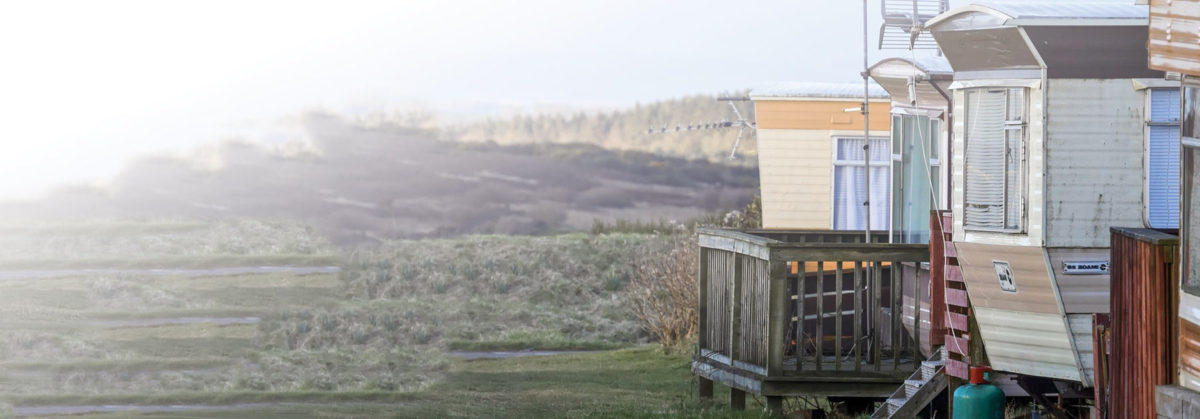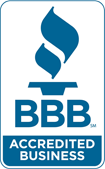
Alabama Legal Representation to Save Your Mobile Home in Bankruptcy
Both Chapter 7 and Chapter 13 bankruptcy give you relief from debt and a fresh start with a bankruptcy discharge, which concludes your liability to pay debts. One of the big fears of people decided whether to file for bankruptcy is that they will lose their homes. If you live in a mobile home, you should be aware that although it is generally considered titled property like a vehicle, a mobile home can be treated as a primary residence in Alabama proceedings. A knowledgeable bankruptcy attorney can help you decide which type of bankruptcy is appropriate for your particular situation, and advise you on how to keep your mobile home.
Exempting Your Mobile Home
To file for Chapter 7, you must pass a means test. Typically, those who file for Chapter 7 have very few assets with which to pay off their creditors, and a certain amount of their assets can be treated as “exempt” under the Alabama system of exemptions. In some states, you can elect between a state and a federal system of exemptions, but in Alabama, you can only claim those property exemptions given by Alabama state law. An “exempt” asset will not be sold to pay debts. However, those assets that are not exempt will be sold to pay off creditors in order of priority before you can obtain a discharge.
A key exemption under Alabama system of exemptions is $5000 of equity in real property or mobile homes, including no more than 160 acres of land. You can use this exemption if your mobile home is your principal residence. If it is not your principal residence, you may be able to use the wildcard exemption for personal property, which exempts up to $3000 of any personal property, except wages.
The homestead exemption can be doubled for married couples filing for joint bankruptcy, so long as they own the property jointly. This means that married couples can exempt $10,000 of a jointly owned mobile home. So, for example, if you have $10,000 of equity in a mobile home that is worth $10,000, the entire home is protected. If you want to claim the homestead exemption with regard to your mobile home, you will need to file a homestead declaration with the county recorder’s office or the office of the probate judge in the county where you live.
Alternatively, you can save your mobile home by filing under Chapter 13. When you file for Chapter 13 bankruptcy, your debts will be reorganized and you will have to make partial or full payments under a debt repayment plan. Only those with sufficient disposable income to make payments for a 3-5 year period can file for Chapter 13 successfully.
Chapter 13 can be useful where you have mortgages or loans you want to bring current and stop foreclosure on. So, for example, if you owe a significant amount of money on your mobile home and have fallen behind on payments, filing for Chapter 13 is likely to be your best option. may be appropriate.
One tool that Chapter 13 offers is the “cram down.” Where a debtor has personal property that is worth less than the loan taken to purchase it, the debtor can “cram down” the amount of the loan to the amount that the property is worth. This tool can be applied to pay what the mobile home is worth instead of what you owe – and usually at a greatly reduced interest rate.
For example, if your mobile home is worth $10,000, but the loan on the home is $15,000, you may be able to cram down the loan, so that you only have to pay $10,000 on the mobile home if paying the $10,000 through the 3-5 year Chapter 13 repayment plan. This will often save mobile home owners tens of thousands of dollars and pay-off their home early.
You must have purchased your mobile home more than 365 days before filing for Chapter 13 bankruptcy to take advantage of the cram down process. Furthermore, the mobile home will have to be considered personal property rather than real property to use the cram down. This means the land on which the mobile home is sitting cannot be part of the loan.
Ask an Alabama Attorney for Help With Reorganizing Your Finances
A mobile home is considered to be titled personal property instead of real estate unless: (1) it is affixed to a parcel of real property, (2) the home and real property have the same individual on the title paperwork, (3) the owner cancels the certificate of title for a vehicle for the mobile home, and (4) the owner records a real estate deed describing both the land and the mobile home together in the description of the property in the deed. However, a mobile home can be considered a debtor’s principal residence under federal bankruptcy law without being real estate. If you need to save your mobile home, you may need the advice of experienced bankruptcy lawyer Charles Grainger to decide which type of bankruptcy is more appropriate to save your mobile home. Our office serves clients in South-Central Alabama from our offices in Montgomery, Prattville, and Troy. Call us at (334) 260-0500 or contact us online to schedule a free consultation.


 Attorney Charles Grainger possesses decades of legal experience focused on debtor-creditor law, bankruptcy, and business law. His legal work is designed to help clients overcome debt and secure a stronger financial footing. He also provides legal services to entrepreneurs and business owners. Grainger Legal Services takes a comprehensive approach to debt relief and financial education for clients in south-central Alabama. [
Attorney Charles Grainger possesses decades of legal experience focused on debtor-creditor law, bankruptcy, and business law. His legal work is designed to help clients overcome debt and secure a stronger financial footing. He also provides legal services to entrepreneurs and business owners. Grainger Legal Services takes a comprehensive approach to debt relief and financial education for clients in south-central Alabama. [ 


